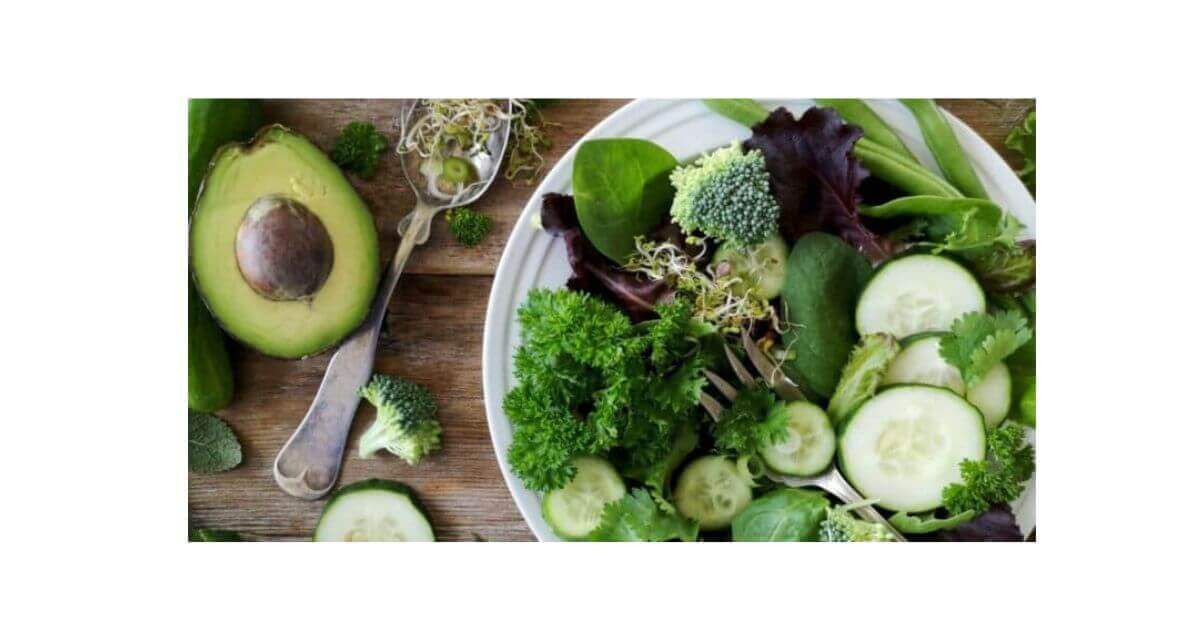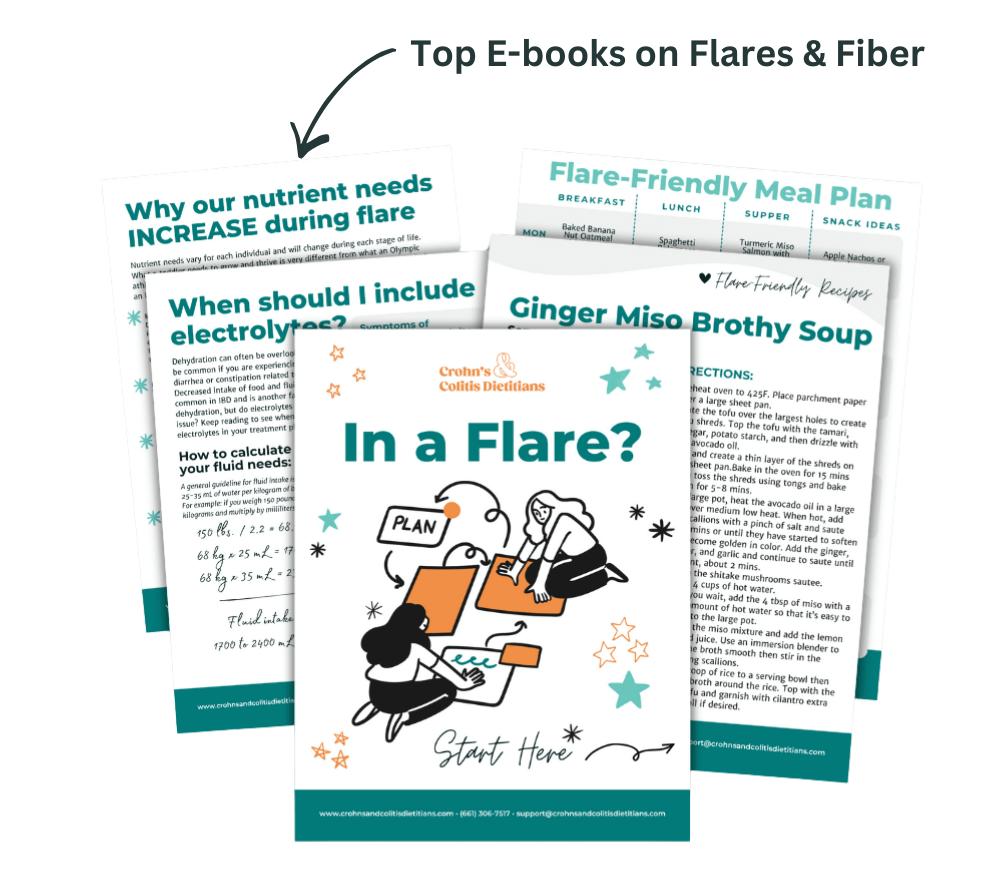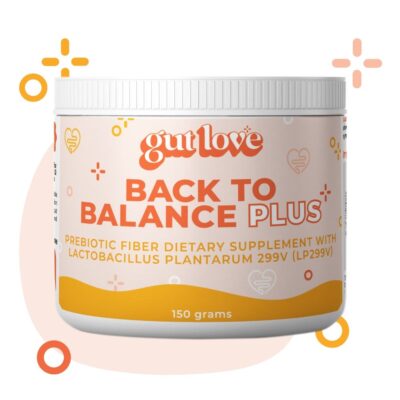Today’s blog post is a popular one – all about fiber and IBD! In this blog, you will learn why fiber is important to INCLUDE in your diet and easy ways to decrease uncomfortable symptoms.
Fiber and IBD
First things first, inflammatory bowel disease (IBD) is an inflammatory condition in which parts of the digestive system are attacked by the immune system. This results in inflammation and many symptoms such as diarrhea, abdominal pain, malnutrition, and many other unpleasant gastrointestinal symptoms. Ulcerative Colitis (UC) and Crohn’s Disease (CD) are the two main types of IBD. Ulcerative Colitis affects the colon and rectum, whereas Crohn’s Disease can affect anywhere in the digestive tract from the mouth to the rectum.
The prevalence of IBD in America is 1.6 million people (2). With a variety of individuals living in the United States, IBD flare-ups are of course, triggered by different factors. A flare is when there is active inflammation and/or symptoms of IBD.
Several things can worsen symptoms and inflammation such as:
-
Improper use of medication – missing doses, and not taking medications as prescribed can contribute to flares
-
The use of non-steroidal anti-inflammatory drugs (NSAIDs) – these medications can cause flares and should be avoided if someone has IBD. They include aspirin, naproxen, and ibuprofen.
-
Smoking (including second hand smoke), antibiotics, and infections may also contribute to flare like symptoms.
Chronic stress can contribute to IBD symptoms but not necessarily inflammation. Certain foods may also contribute to gastrointestinal symptoms, without it meaning that there is inflammation or flare occuring.
Unfortunately there is no cure for IBD but there are lifestyle changes, like adjustments to your diet, that can help reduce your risk of flare ups. More specifically, adjusting fiber intake is not only an essential part of a healthy diet, but an essential thing to include to improve the health of the gut.
Therefore, today, we are dedicating this post to talk about how fiber can affect IBD and how people with IBD can include fiber in their diet without triggering flare ups and unwanted symptoms.
What is Dietary Fiber?
Fiber is a hot topic in the world of gut health, but what exactly is it and why do we need it for IBD? Let’s dive in!
Fiber is a carbohydrate that the body cannot completely break down. It passes through the gastrointestinal tract undigested, but that doesn’t mean we miss out on the benefits! More of that to come, so keep reading.
There are two main types of dietary fiber: soluble and insoluble fiber.
- Soluble fiber: absorbs water and forms a gel which in turn can help prevent/treat diarrhea. This type of fiber also produces a short chain fatty acid called butyrate which aids in decreasing inflammation in the body. Soluble fiber can be found in oats, beans, carrots, barley, and SunFiber which can be found in our fiber supplement, GutLove.
- Insoluble fiber: helps move our bowels faster and does not absorb water. This type of fiber is helpful for those with constipation as it can increase transit time. Insoluble fiber is found in psyllium husk, nuts, beans, berries, and cauliflower.
The current daily fiber recommendations from the USDA suggest that women under 50 consume 25 grams and men consume 38 grams of fiber per day. For adults over 50, the recommendations are 21 grams for women and 30 grams for men.
The current US population has an average fiber intake of 10-15 grams per day. If you’re interested in what a low fiber diet can do for IBD and your digestive health, we wrote a blog post about it here.
Getting adequate amounts of fiber in your day is part of a healthy diet. Fiber helps improve gut health, heart health, increases satiety (keeps you full for longer), promotes regular bowel movements, and can contribute to weight loss. When increasing daily fiber intake, don’t forget to do so, slowly. Increasing fiber too fast can result in unwanted gastrointestinal symptoms. Go low and slow, and be sure to consume adequate amounts of fluid.
What is the connection between IBD and Fiber?
Did you know…
- A low intake of fiber actually increases your risk of developing Crohn’s, Ulcerative Colitis, and colorectal cancer
-
People with IBD who eat the required amount of fiber for them are 40% less likely to have a flare-up than those avoiding high fiber foods
-
Fiber is essential for fueling our good gut bacteria and producing butyrate which reduces inflammation and repairs damage in the digestive tract.
It’s therefore advised to not only avoid low fiber diets in the long term but to consume some amount of fiber every day to promote good health!
Best fiber-rich foods for IBD
Fiber can be found in whole grains, vegetables, and fruits. As all three of us dietitians have IBD, we understand that certain food items are more tolerable than others when introducing more fiber into your diet.
Keep reading to find out which fiber sources are best tolerated by those with IBD!
Squash
Squash is easy on the guts! One medium yellow squash has about 4 grams of fiber! Squash is rich in potassium (great for heart health) and beta-carotene, a helpful antioxidant! Enjoy squash in soups or mashed for easy digestion.
Bananas
Bananas contain 3 grams of fiber and are an easy grab and go snack. Green bananas in particular are a good source of prebiotics and feed your good gut bacteria.
Zucchinis
Zucchinis have 1 gram of fiber per cup as well as vitamin C, potassium, and vitamin B6. Add zucchini to smoothies, make into noodles, or lightly saute with your favorite seasonings.
Sweet potatoes
Sweet potatoes can be prepared in multiple ways and pack 4 grams of fiber per cup! They contain both soluble and insoluble fiber to help promote bowel regularity.
Oats
Oats can be so versatile! Enjoy as oatmeal, blend into smoothies, use in energy bites, or blend into a powder to enjoy baked oatmeal or to coat fish. Oats are great for both your heart and gut health, providing the body with 8 grams of fiber in each cup!
Sacha Inchi Seed Butter
Sacha Inchi Seed Butter is a nutrition powerhouse. Have you heard of this seed before? Two tablespoons of this nut butter contains 6 grams of fiber, 10 grams of protein, and is a good source of omega-3 fats. Not to mention, it is also peanut and tree nut allergen free! Have in smoothies, on whole grain toast, or make a seed butter sauce to go with wraps and noodle bowls.
As you can see, there are many other health benefits to including fiber sources in your diet!
Best fiber supplement for IBD
If you are looking for further support in increasing fiber intake, improving bowel movements, and increasing gut health, a fiber supplement can be an amazing help!
Helpful fiber supplements include:
-
Back to Balance Sunfiber – a well tolerated prebiotic that is easy to incorporate into smoothies, tea, or water. It’s also a favorite product of ours because of the success helping to regulate bowel movements of those with Crohn’s and Ulcerative Colitis. It helps with constipation diarrhea, and reduces symptoms like gas and bloating! (2).
Another bonus to using SunFiber is that it is also helpful in improving absorption of minerals like calcium, iron, zinc, and magnesium.
-
Psyllium seed powder – this is a gelling prebiotic. A prebiotic is like food for our good gut bugs. This supplement is similar to Sunfiber in that it helps support the growth of gut bacteria and promotes bowel regularity.
Using fiber supplements can be another effective way to increase your fiber intake while helping decrease the risk of colorectal cancer.
Reminder: with any new product, it is best to ask your dietitian what dose would be most appropriate for you.
Our top tips to add fiber and limit IBD symptoms
Including both food and supplements are beneficial to help you on your fiber journey!
The last thing we want is to worsen symptoms. Always remember to go low and slow, and consume adequate fluids to reduce side effects like abdominal pain and bloating.
Other helpful tips include:
-
Change the particle size of your food – You may not be able to tolerate chickpeas at first, but blending them into a hummus can improve tolerance.
-
Cook your food – maybe raw veggies have you running to the bathroom (we’ve been there too)! Instead, enjoy veggies in a soup, sauteed, boiled, or baked so that your gut has less work to do.
-
Adjust portion size – remember, go low and slow. If you are trialing beans, consider a smaller portion size. One of our previous clients started at 1 tablespoon of beans at meals and was able to increase the portion to ½ cup of beans without symptoms!
There is no evidence to support that a low fiber diet can help lower inflammation in IBD. With our tips in mind, consider how you can start to add more fiber to your day to reduce your risk of flare and further disease.
One more thing…
We know that fiber can be confusing when you have IBD, and we are here to help take the guesswork out of your nutrition plan.
If you are looking for one on one support to decrease gastrointestinal symptoms, schedule a free discovery call with us!
Resources:
-
Crohn’s and Colitis Foundation of America. (2014). The facts about inflammatory bowel diseases – Crohn’s & Colitis Foundation. Retrieved from https://www.crohnscolitisfoundation.org/sites/default/files/2019-02/Updated%20IBD%20Factbook.pdf
-
Parisi, G. C., Zilli, M., Miani, M. P., Carrara, M., Bottona, E., Verdianelli, G., Battaglia, G., Desideri, S., Faedo, A., Marzolino, C., Tonon, A., Ermani, M., & Leandro, G. (2002, August). High-fiber diet supplementation in patients with irritable bowel syndrome (IBS): A Multicenter, randomized, open trial comparison between wheat bran diet and partially hydrolyzed guar gum (PHGG) – digestive diseases and Sciences. SpringerLink. https://link.springer.com/article/10.1023/A:1016419906546







0 Comments
Trackbacks/Pingbacks